Ever Present
December 4, 2021
Getty Museum, Los Angeles
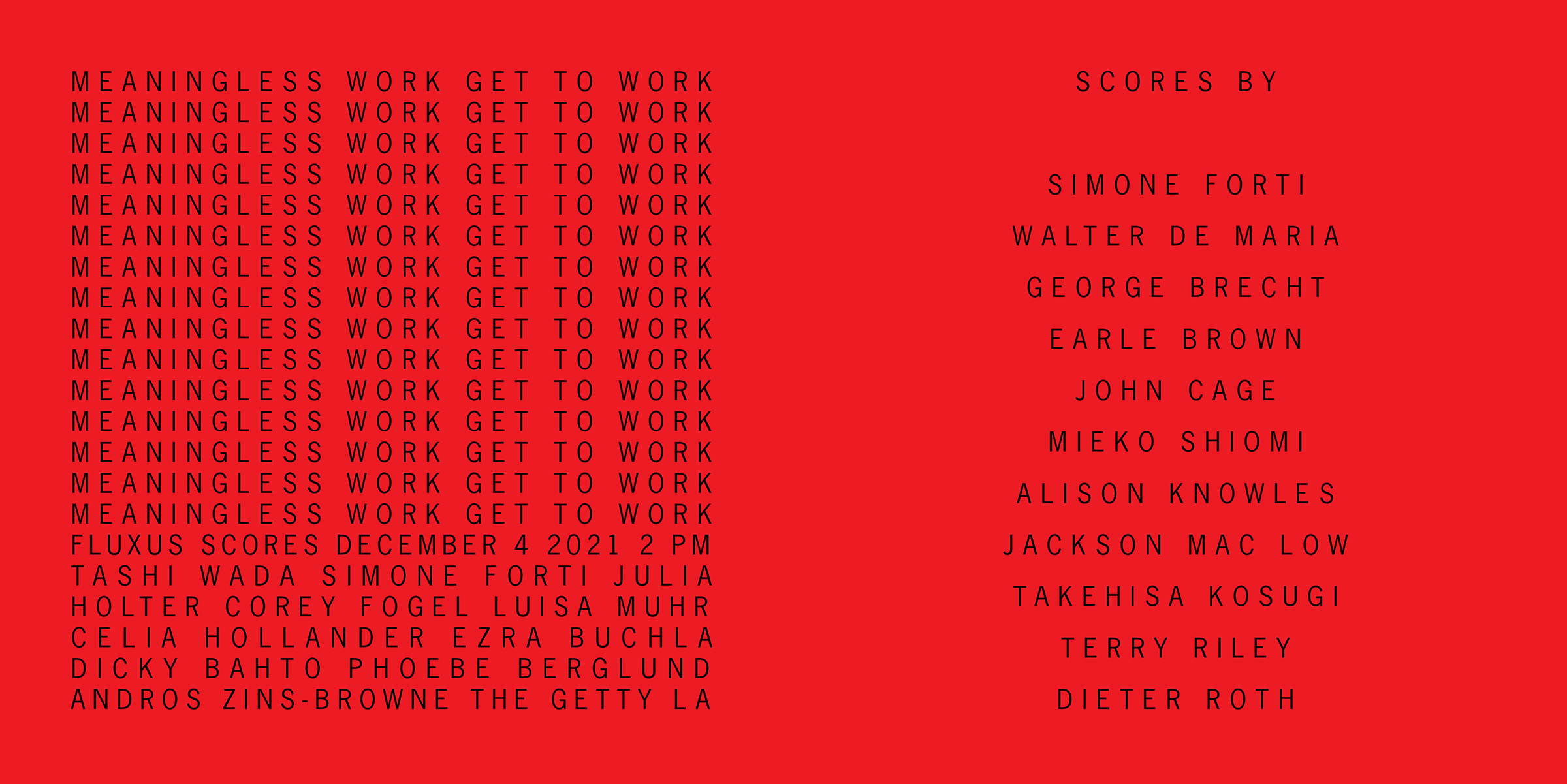
Phoebe Berglund and Andros Zins-Browne performing Jackson Mac Low’s Asymmetry 222 by Simone Forti.
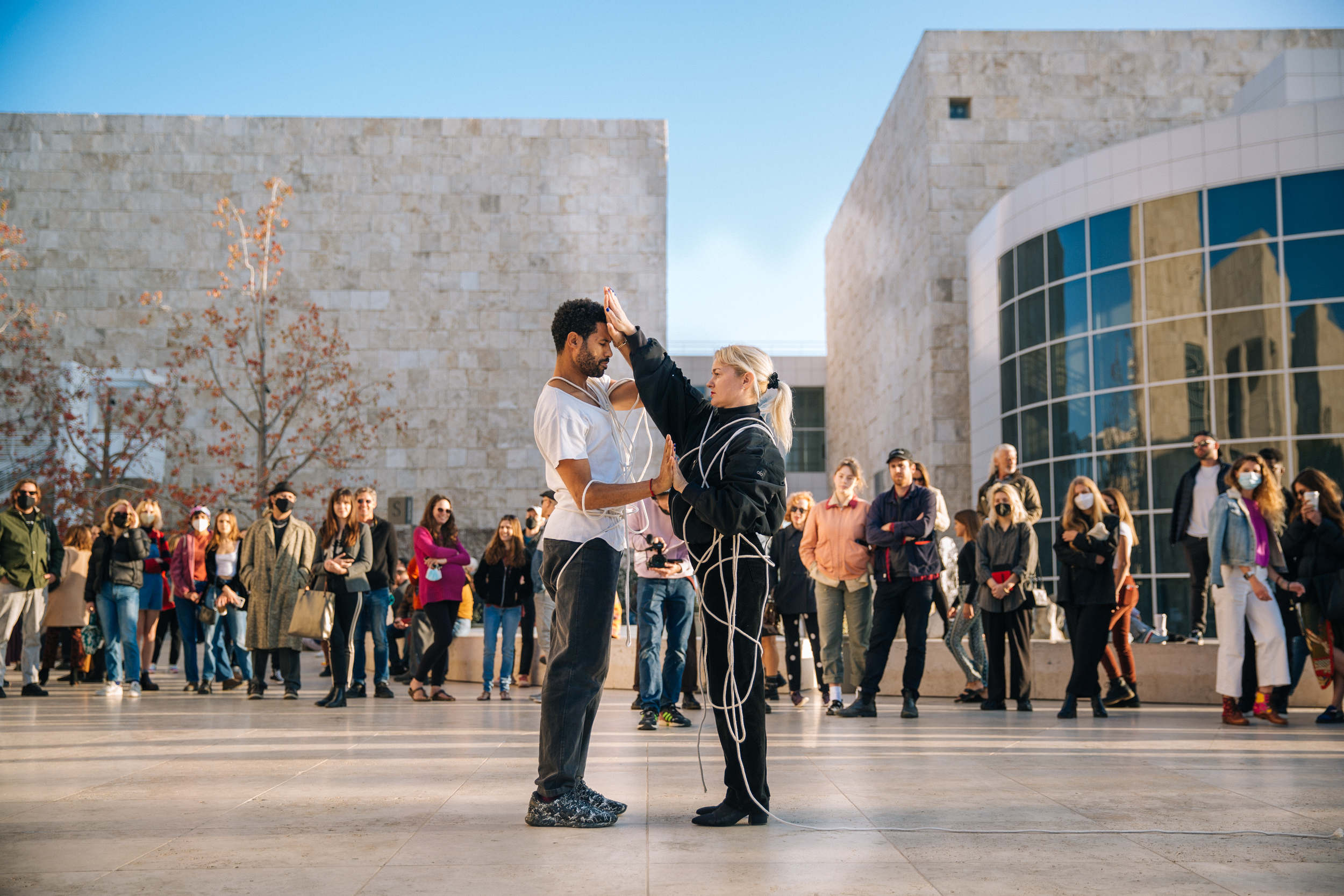
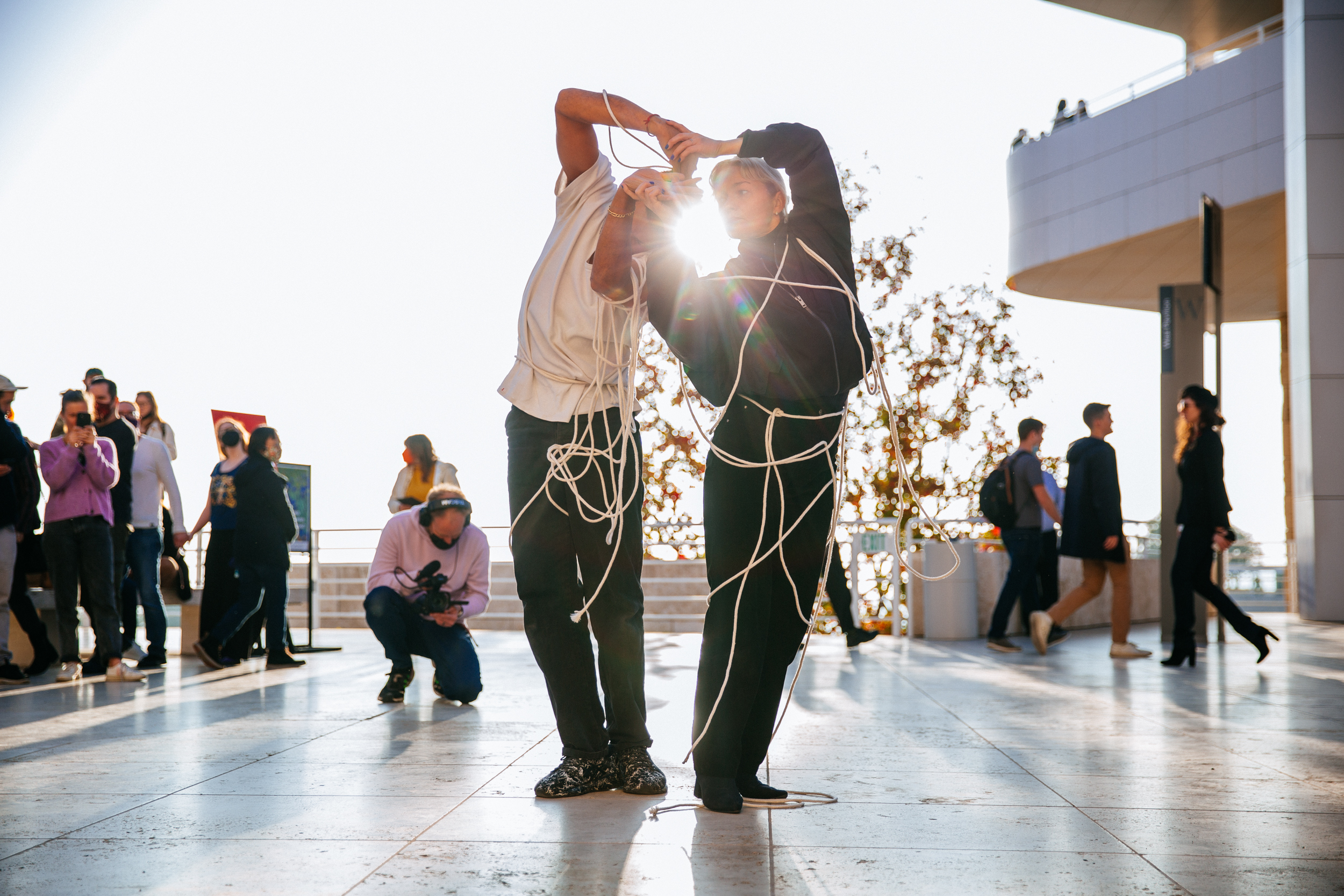
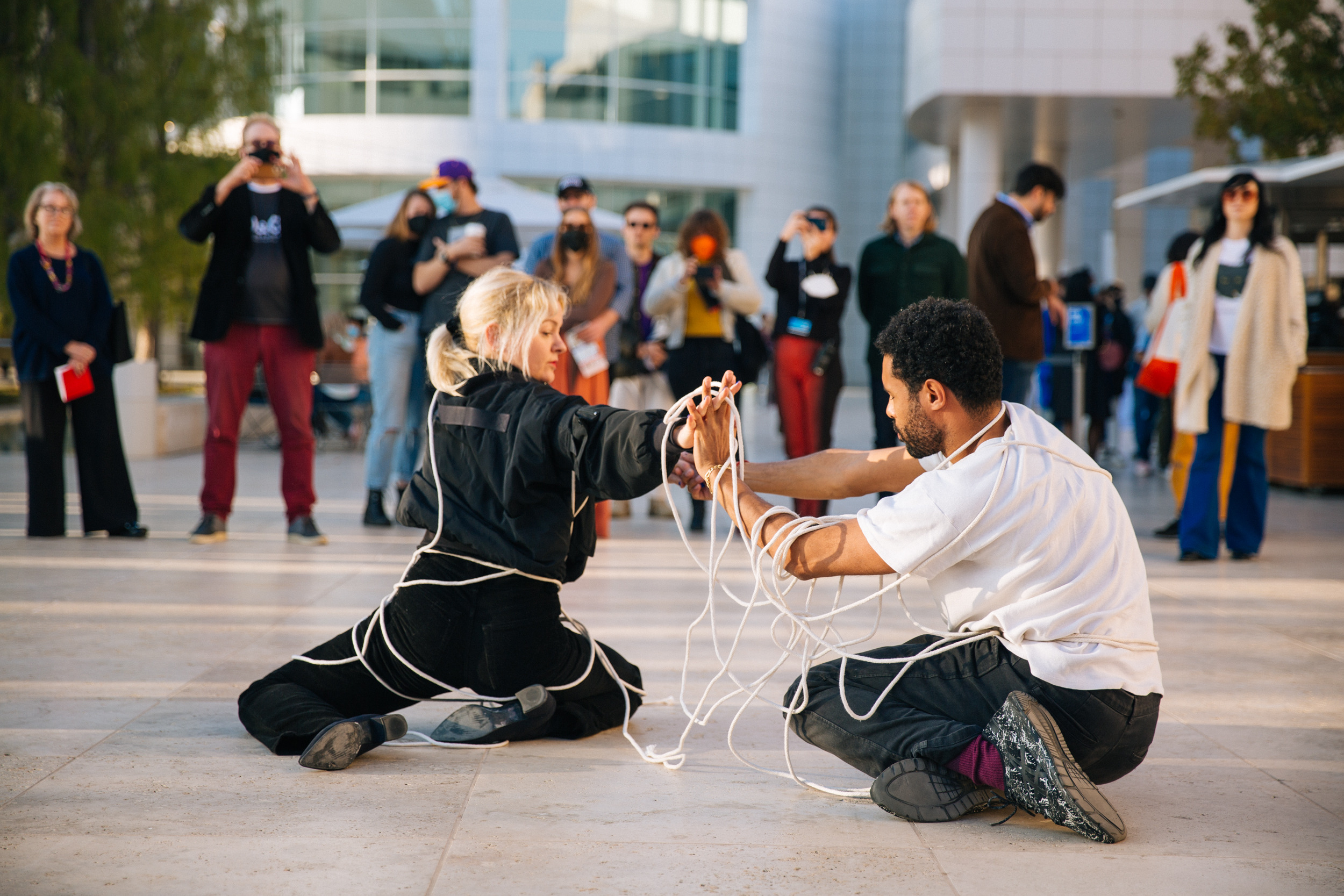
Simone Forti performing Onion Walk (1961).
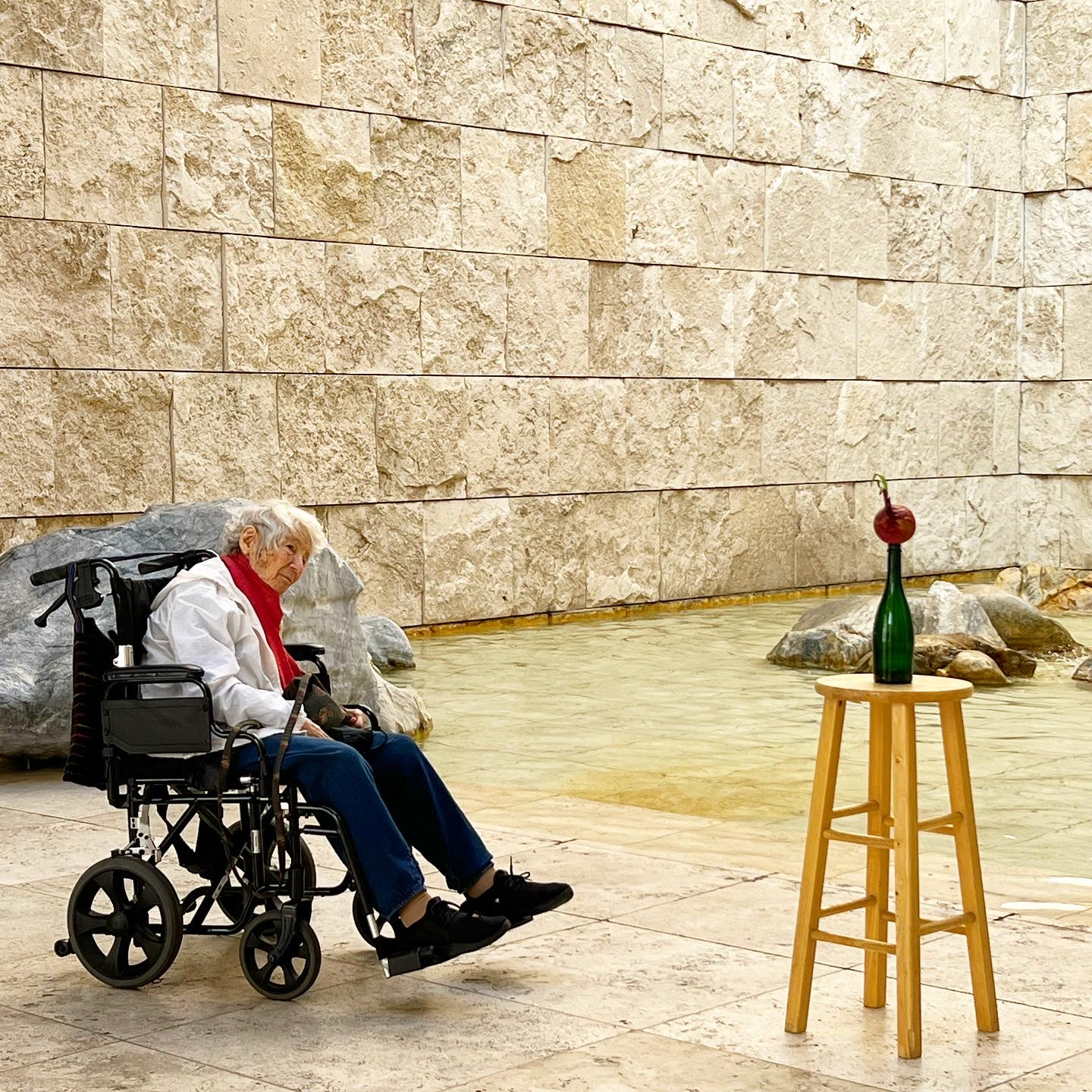
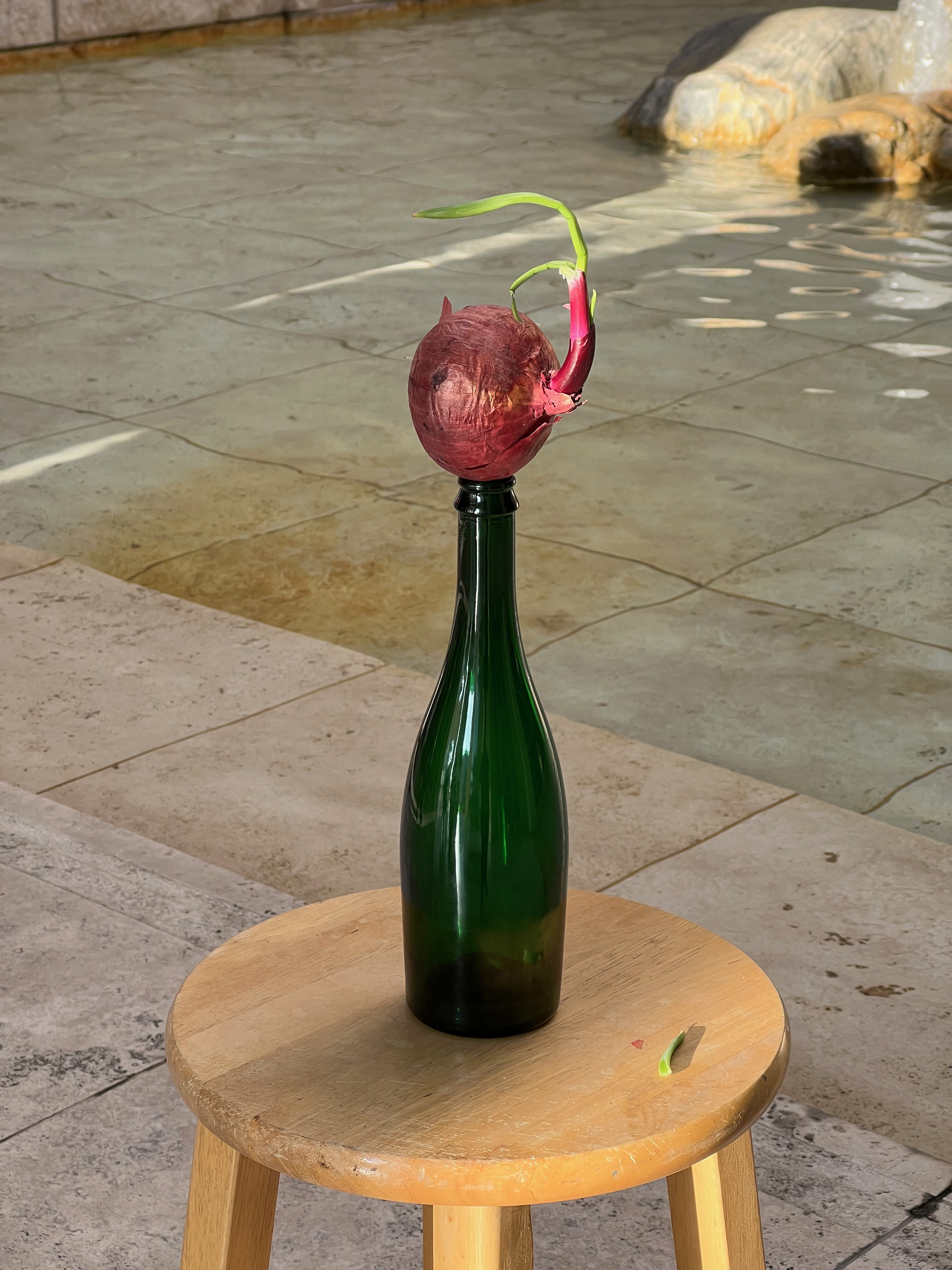
Andros Zins-Browne performing Onion Walk (1961) by Simone Forti.
Corey Fogel and Luisa Muhr, performing December 1952 by Earle Brown.
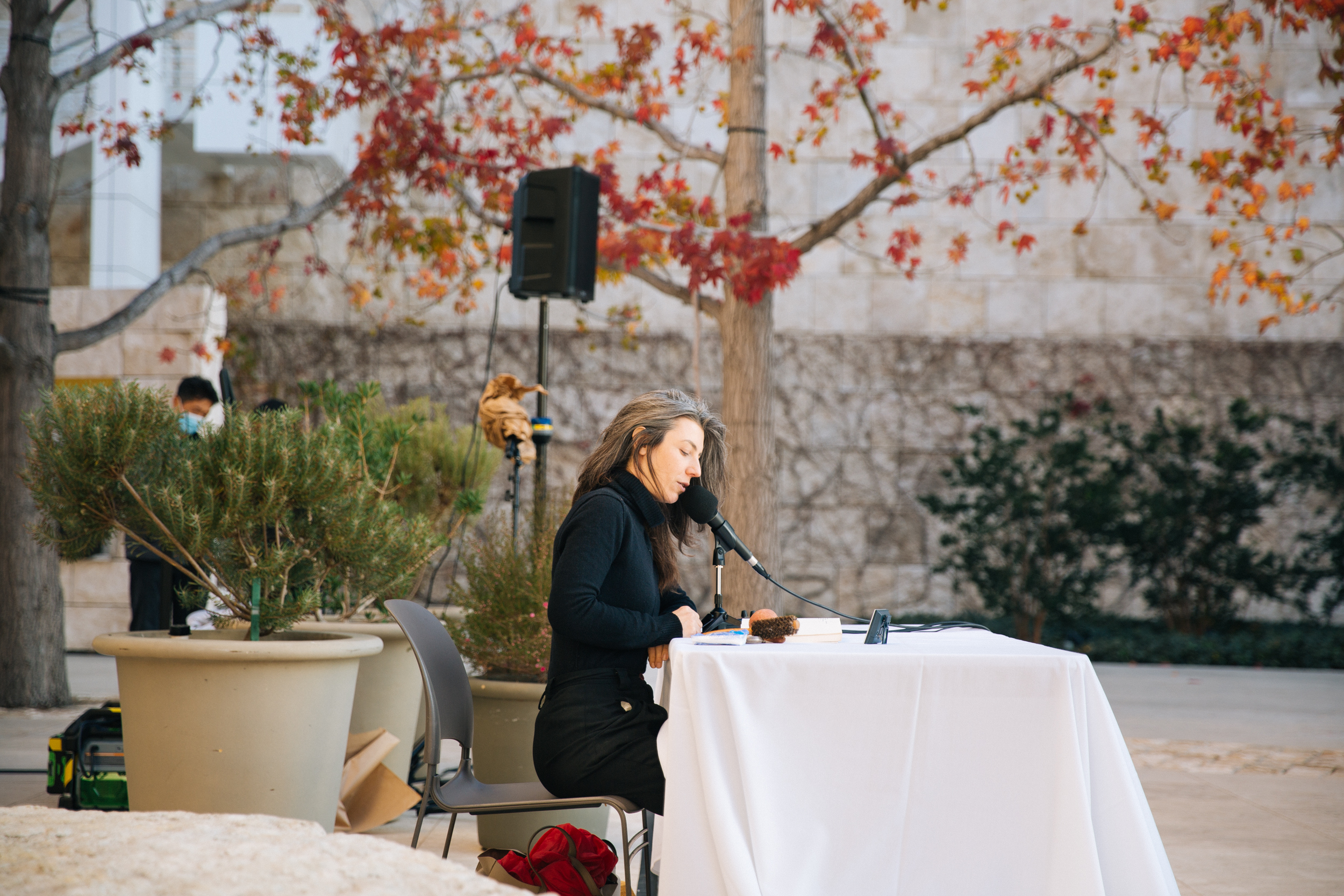
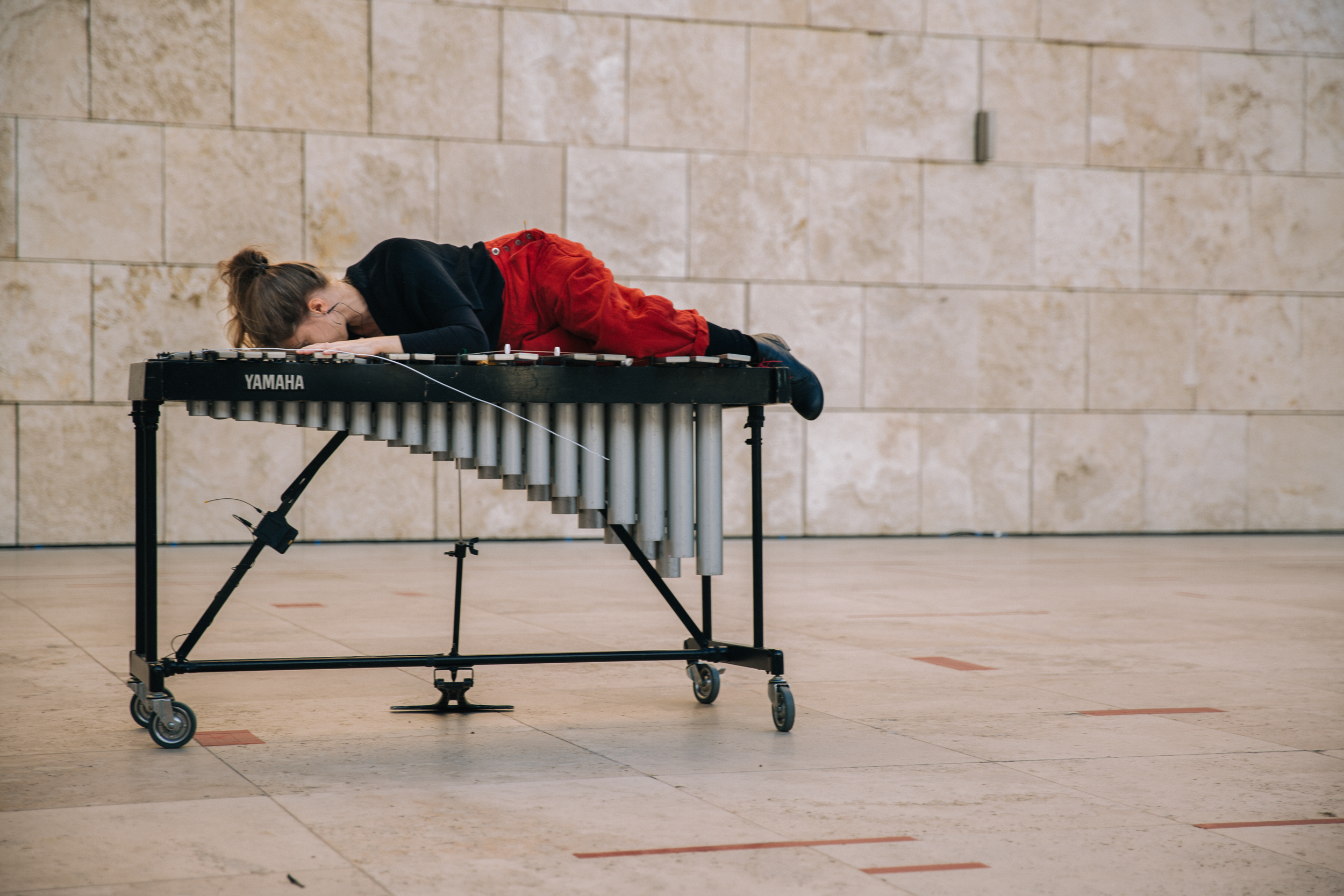
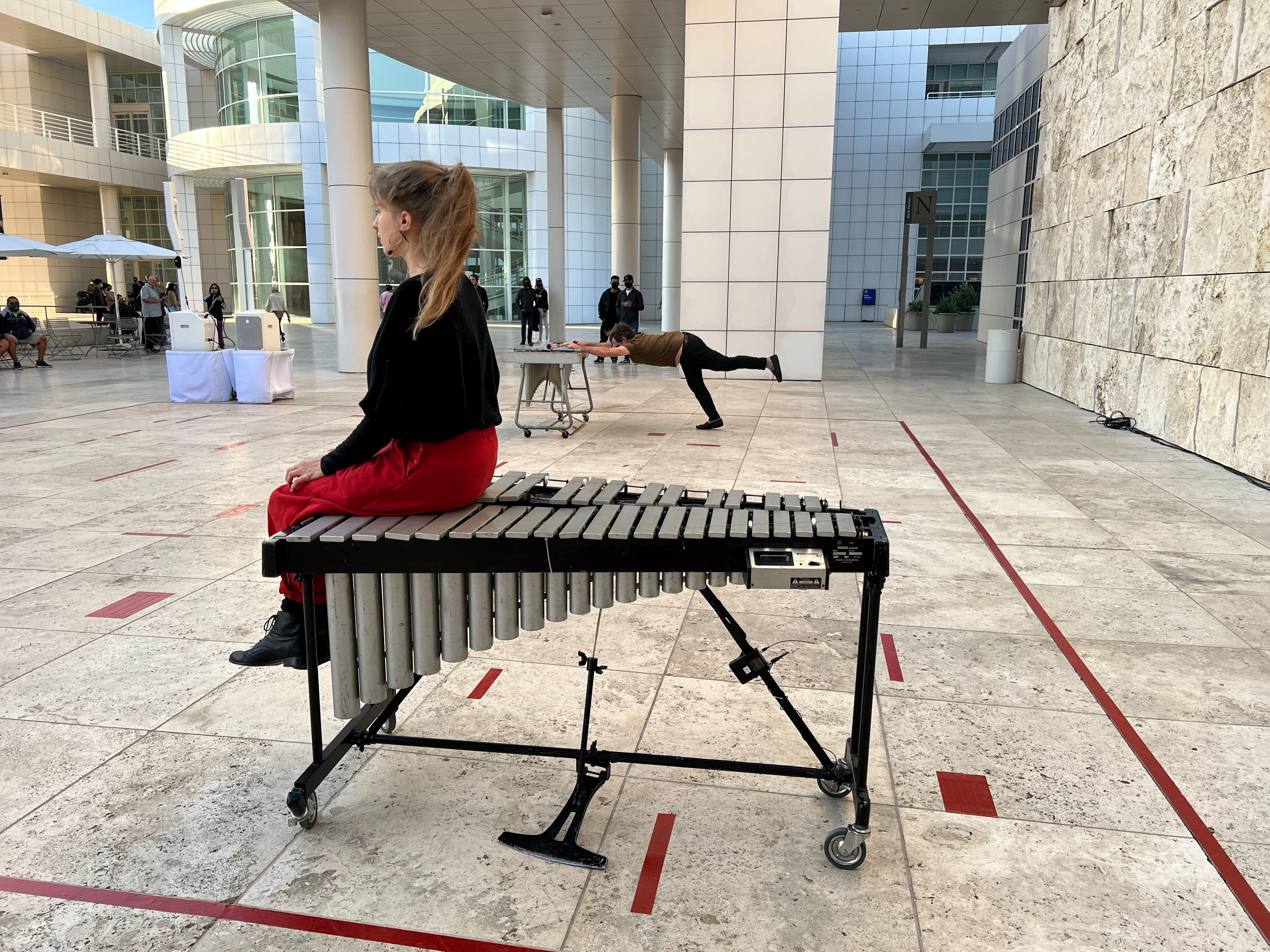
Celia Hollander performing December 1952 by Earle Brown.
Julia Holter performing ‘45 for a Speaker by John Cage.
Stills from Meiko Shiomi’s Mirror Piece by Dicky Bahto.

Tashi Wada performing Micro 1 by Takehisa Kosugi, with Simone Forti.
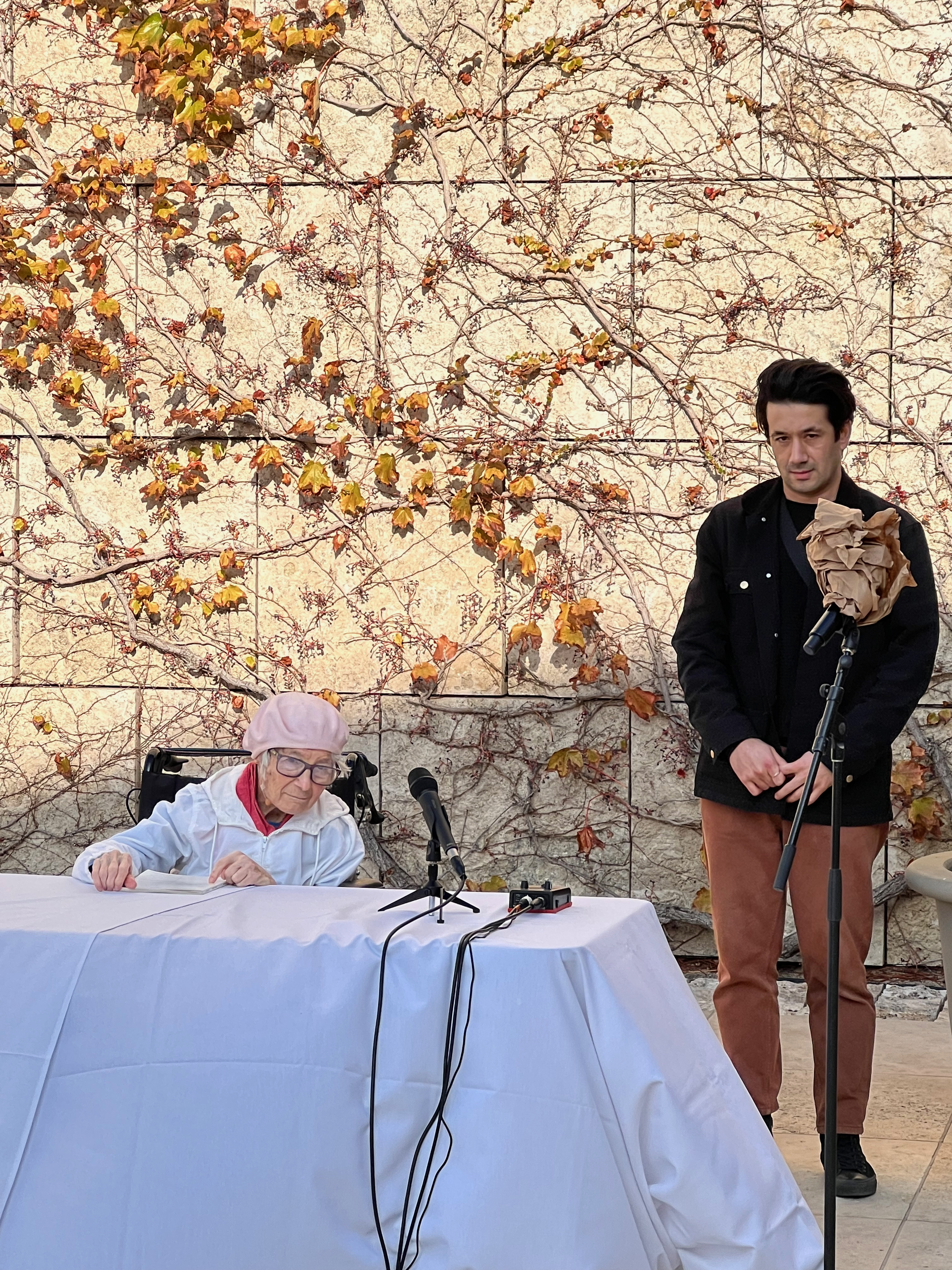
Ezra Buchla performing Micro 1 by Takehisa Kosugi.
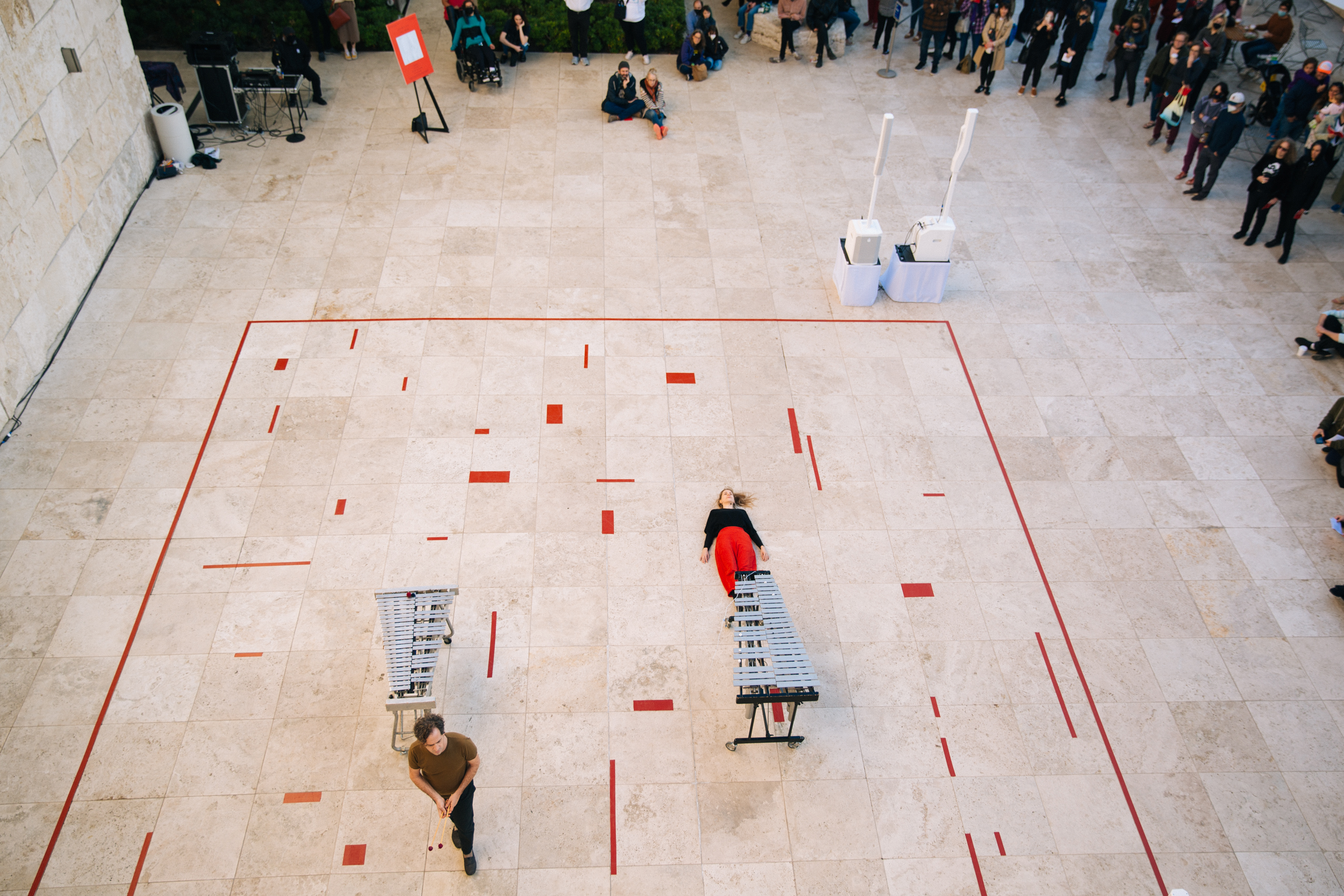
Black Page with Holes (Poetry Machine) by Dieter Roth.

Ezra Buchla performing Ear Piece by Terry Riley.
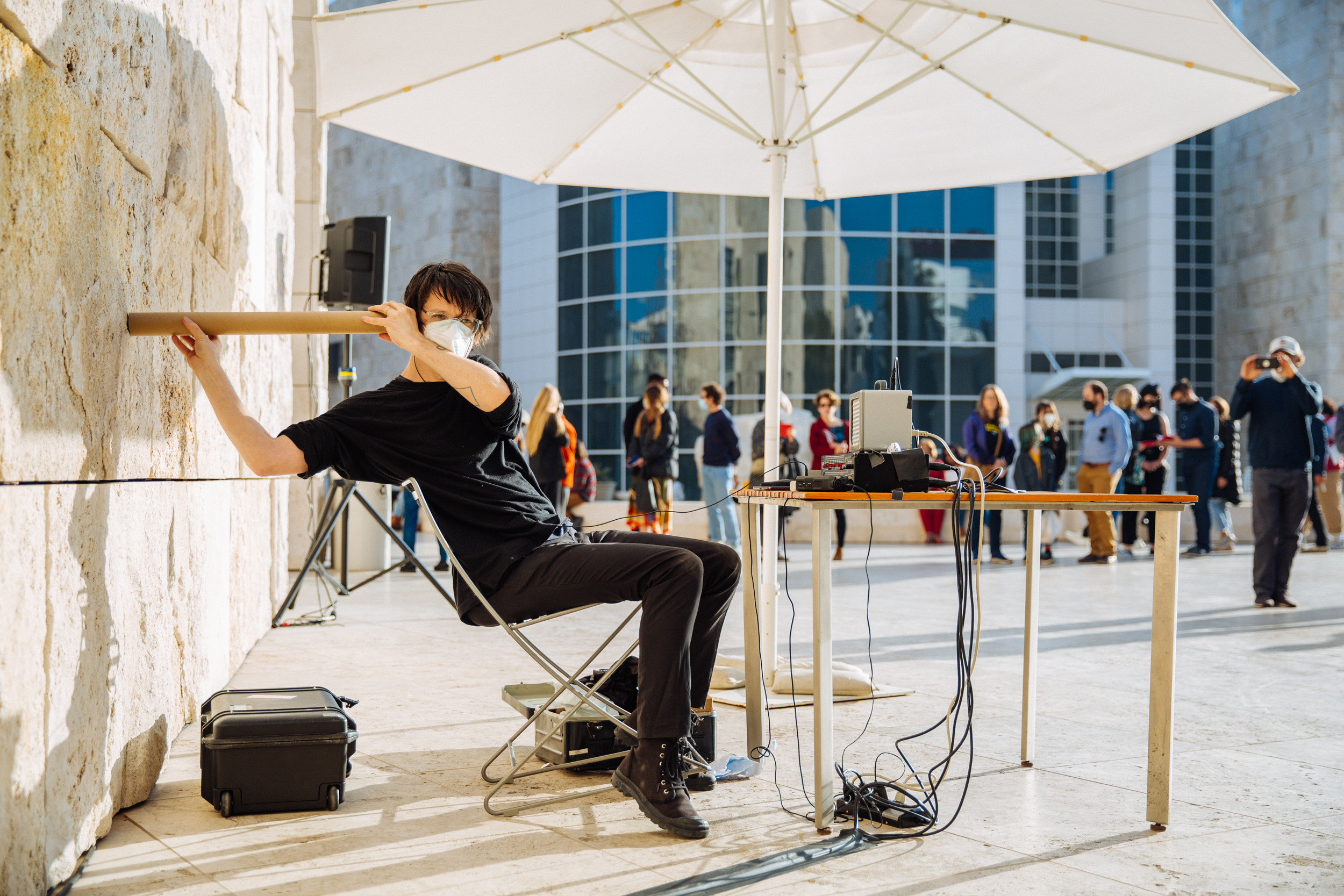
Tashi Wada and others performing Unfurl by Alison Knowles.
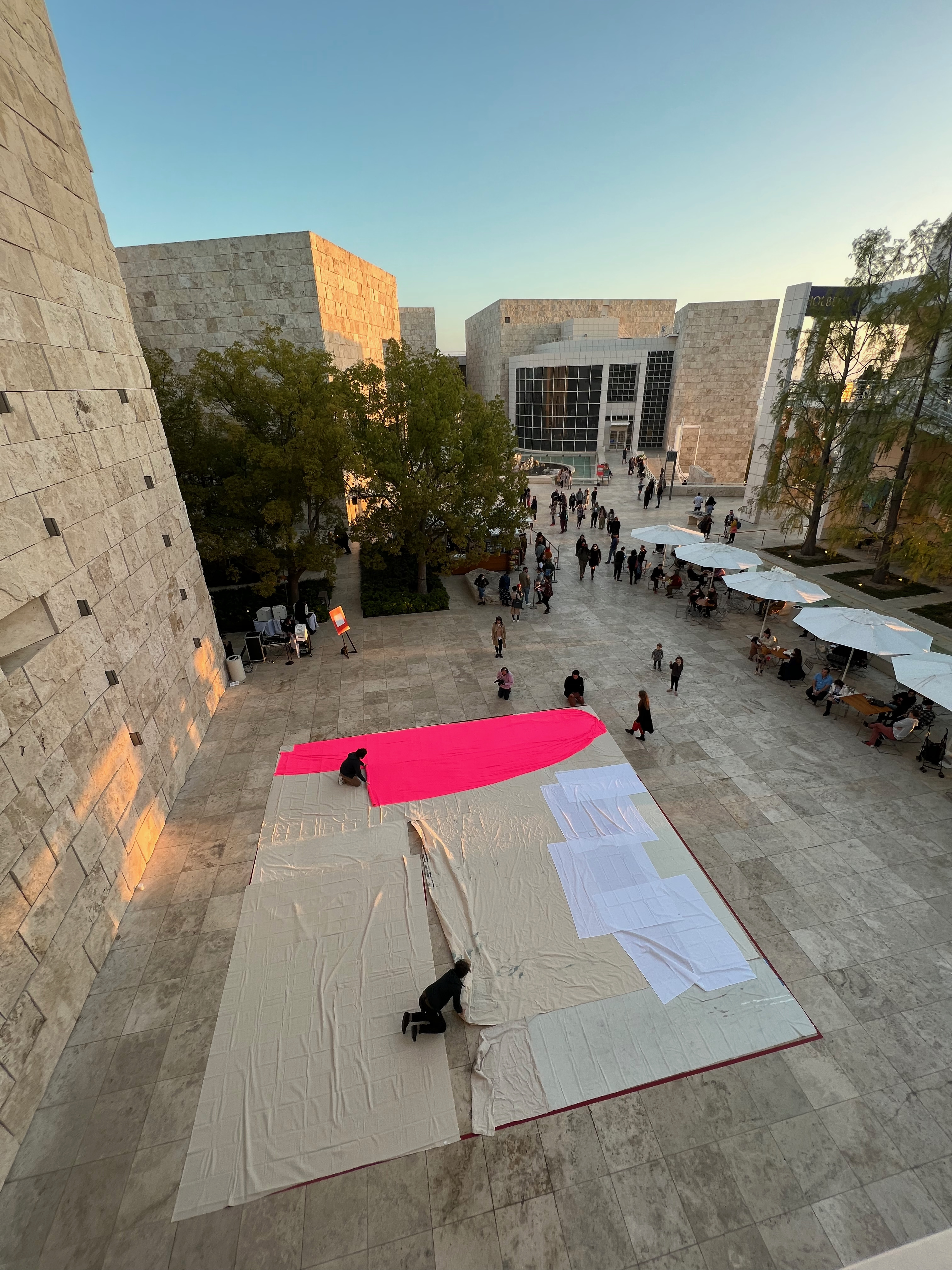
Motor Vehicle Sundown (Event) (1961) by George Brecht, performed by Tashi Wada and others.
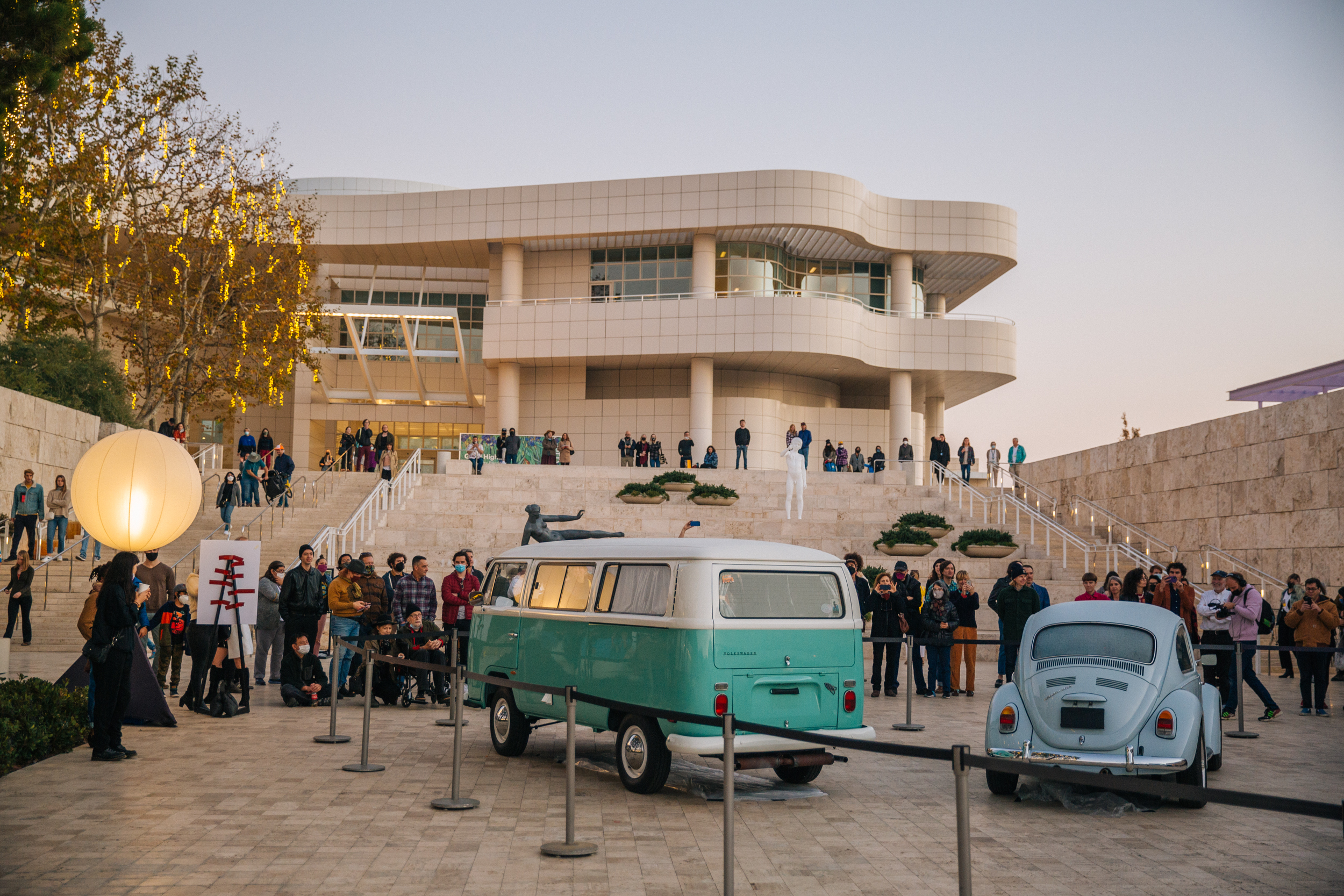
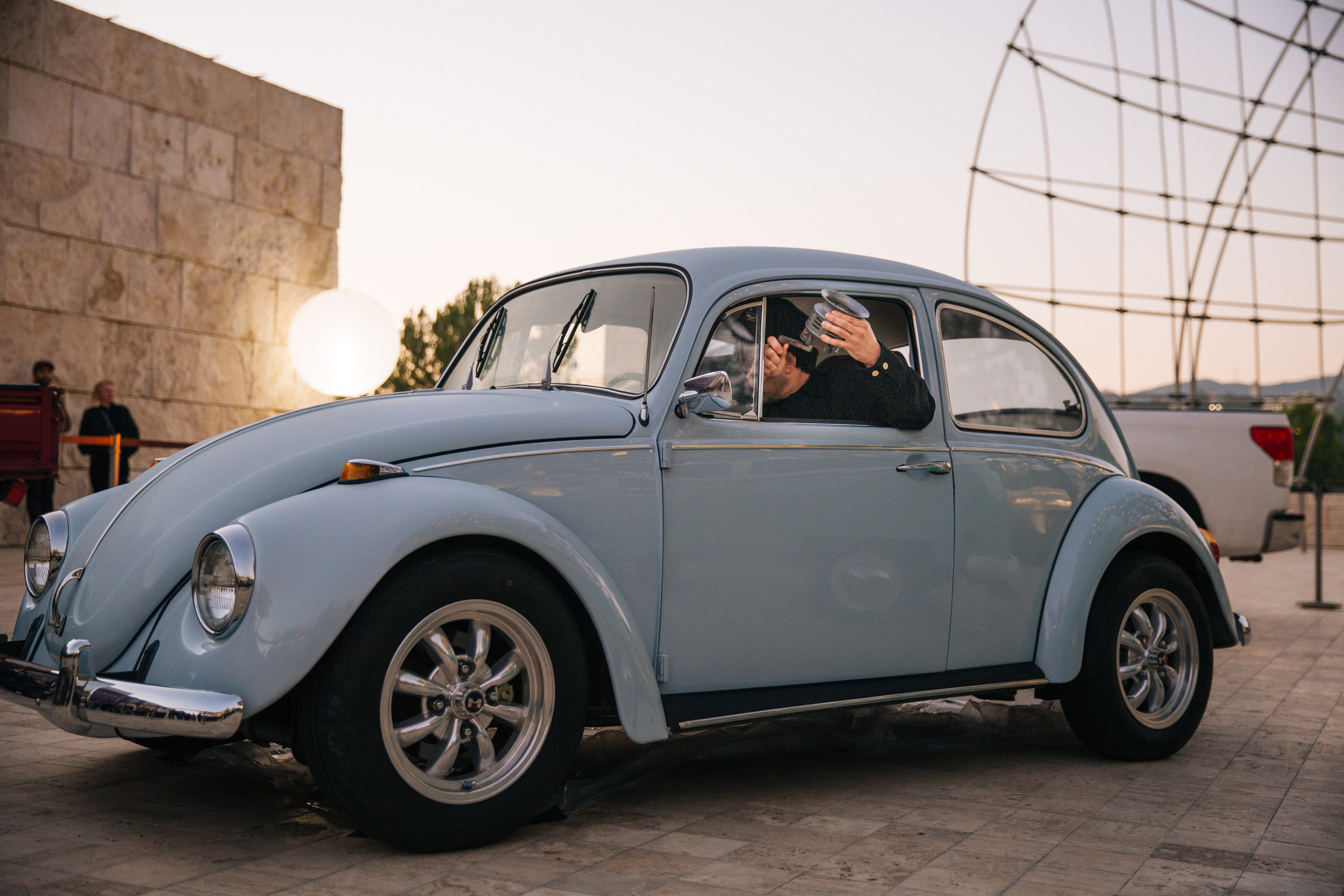
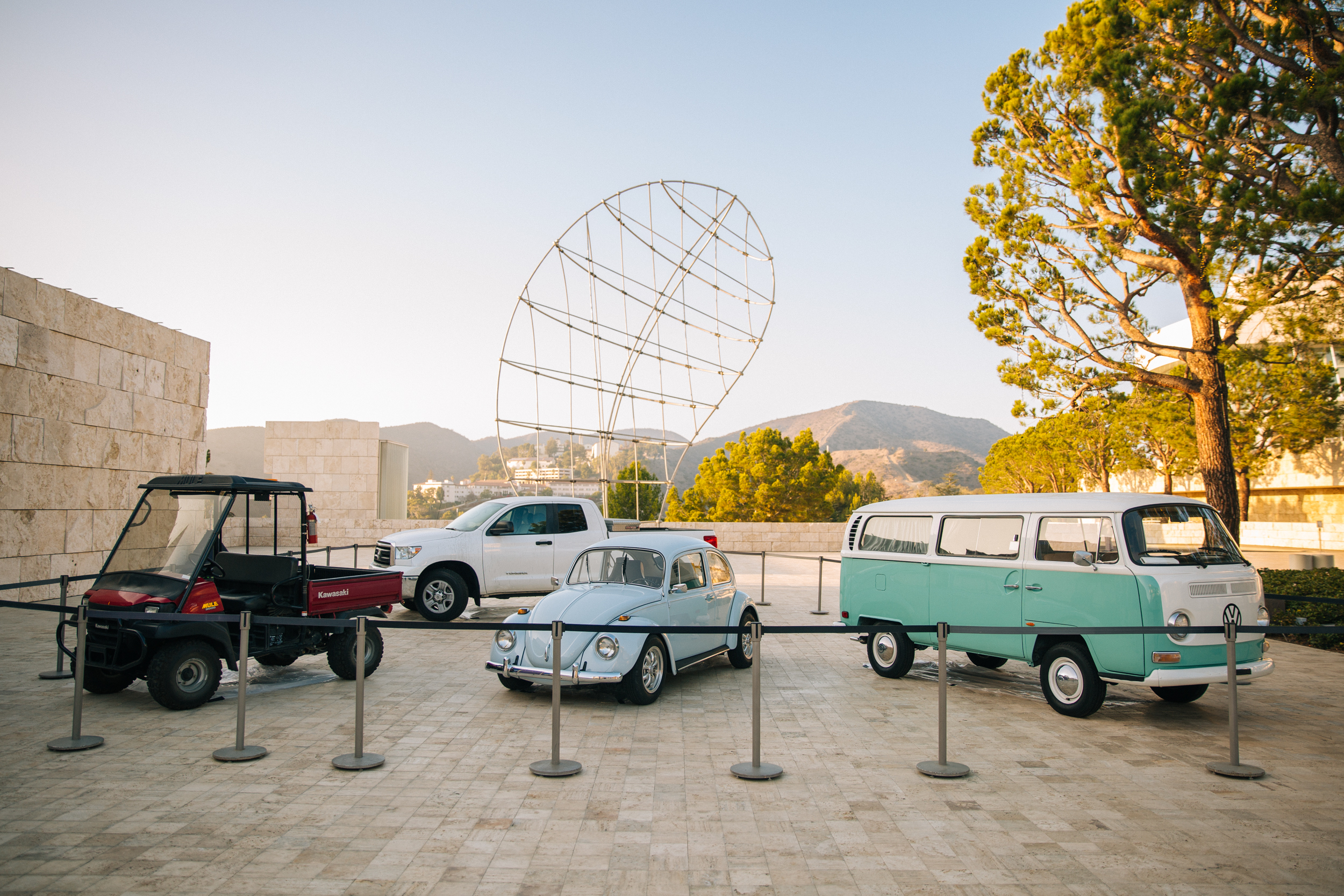
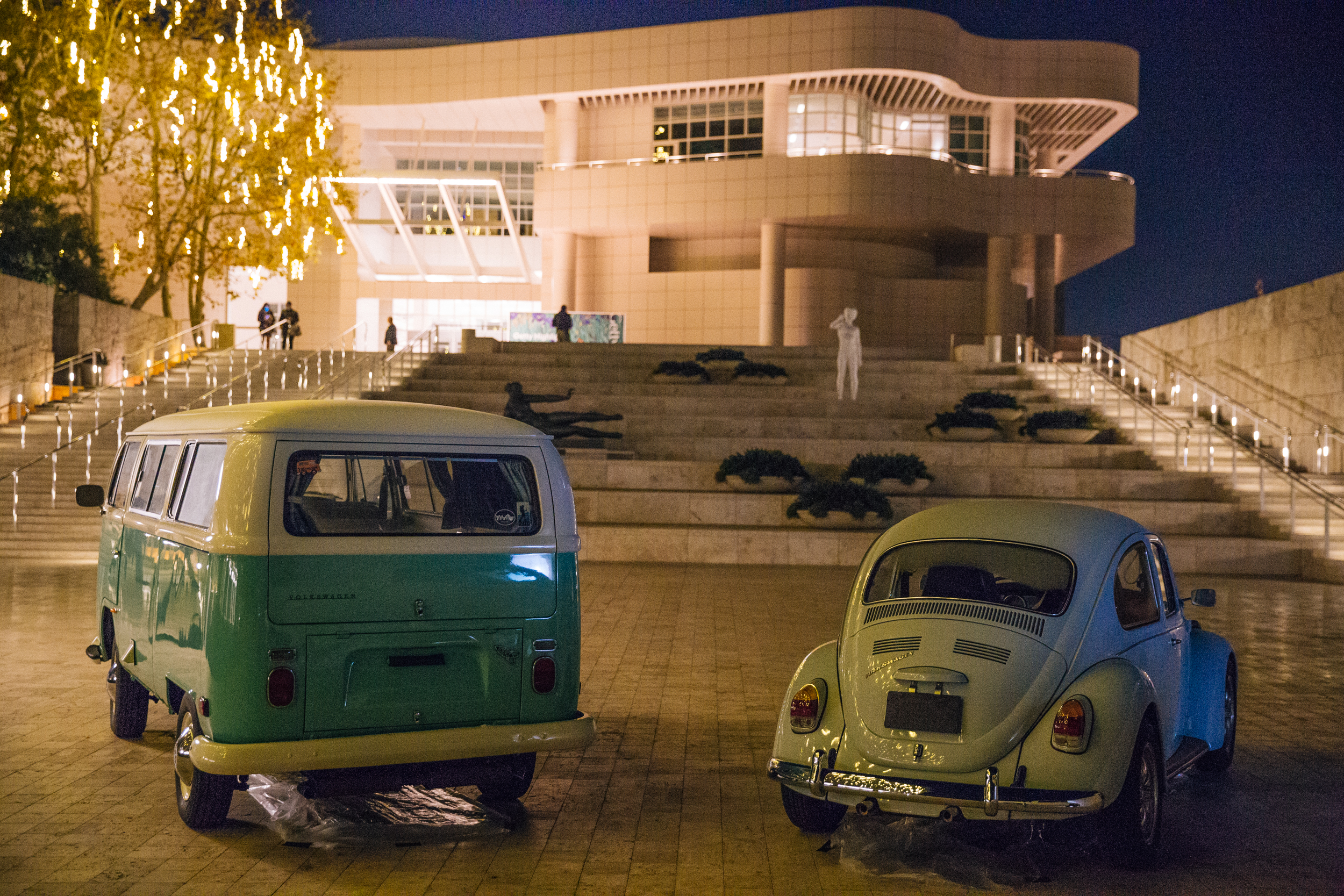
Photos by MB Maher.
PROGRAM NOTES
Today’s program is the result of a confluence of activities percolating through different corners of the Getty, all emanating from the radical legacy of Fluxus. On view now at the Research Institute is the exhibition Fluxus Means Change: Jean Brown’s Avant-Garde Archive, organized by chief curator Marcia Reed. It is chock full of curious and intricate objects generated out of an expansive conversation between a generation of artists operating in the orbit of their enigmatic impresario George Maciunas. The plethora of happenings and materials they created upended what was commonly understood as a work of art, questioning what holds value in our society, and inspiring us to glance anew at our daily experience of the world.
Also in the works is a forthcoming digital publication, The Scores Project: Experimental Notation and the Postwar Avant-Garde, edited by art historian Natilee Harren, musicologist Michael Gallope, and poetry scholar John Hicks. In this book, documentation of today’s performances will be presented alongside archival media and a collection of essays that dig deep into individual scores. The essays are by a notable coterie of scholars, several of whom have contributed the short texts in this booklet.
Meaningless Work, Get to Work is presented as the next iteration of Ever Present, an ongoing experimental performance series that uses the context of the museum spaces to investigate and support our current avant-garde. The strategies of Fluxus, its ability to blur boundaries, particularly between music and art of all kinds, and to throw into question the conventions of our institutions, has served as a central inspiration for this series.
To draw a line from the legacy of the previous generation to today, we sought the help of the composer and artist Tashi Wada, who serves as the event’s Artistic Director. Wada draws upon unique knowledge gained throughout his childhood and through his artistic collaborations with his father Yoshi Wada, a pioneering composer, artist, and central figure in the Fluxus community.
Together we chose the landmark 1963 publication An Anthology of Chance Operations, edited by minimalist composer La Monte Young and poet Jackson Mac Low, and designed by George Maciunas, as our guide book. It features many of the original scores Wada has selected for today’s program and served as a jumping off point for many more. Wada has been a critical conduit for gathering an intergenerational, interdisciplinary, and uniquely sensitive group of artists to enliven these texts once again, including key progenitor Simone Forti.
An Anthology of Chance Operations includes a text by artist Walter De Maria that calls for an understanding of art as “meaningless work,” which gives today’s event its title. This pursuit of activity untethered to demands of productivity, protocols, or profits—and the expansive potential of that liberation—remains an integral ethos for these contemporary practitioners, as it was for the artists of Fluxus.
Sarah Cooper, Public Programs Specialist
“The thing to do is to keep the head alert but empty. Things come to pass, arising and disappearing. There can be no consideration of error. Things are always going wrong.”
—John Cage, 45’ for a Speaker
“Meaningless work can contain all of the best qualities of old art forms such as painting, writing, etc. It can make you feel and think about yourself, the outside world, morality, reality, unconsciousness, nature, history, time, philosophy, nothing at all, politics, etc., without the limitations of the old art forms.”
—Walter De Maria, Meaningless Work
The afternoon of events is dedicated to visionary composer Alvin Lucier (1931-2021), who passed away this week and whose life and music embodied the fearless spirit of the work presented today.
